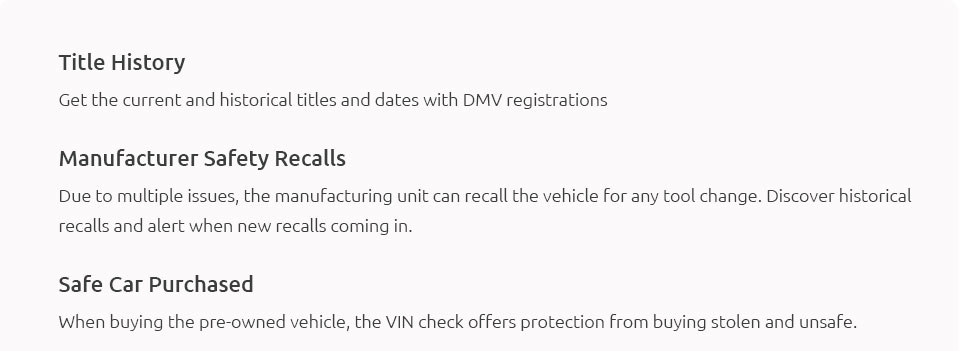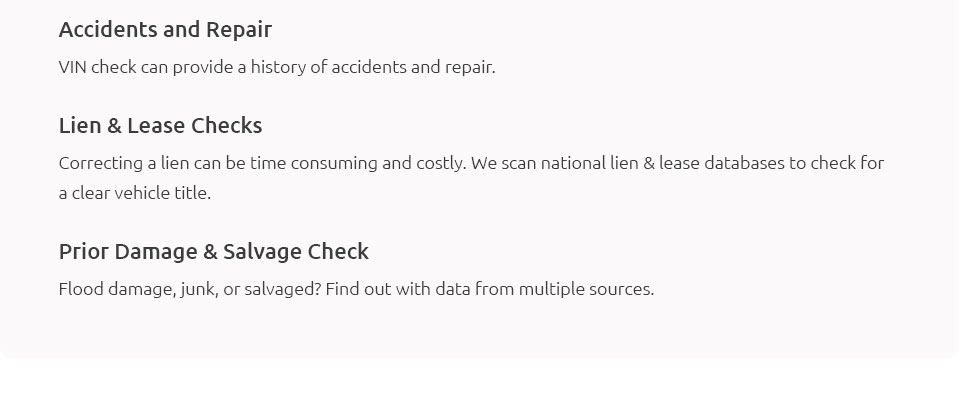 |
 |
 |
 |
 |
||
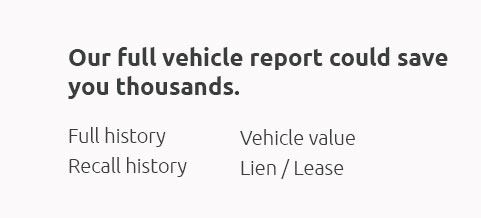 |
 |
|
 |
 |
|
 |
 |
 |
 |
||
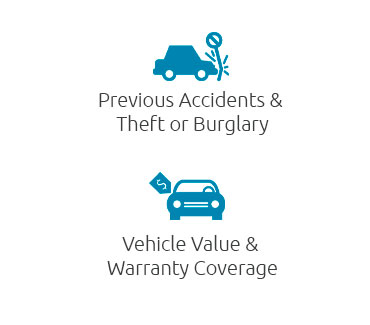 |
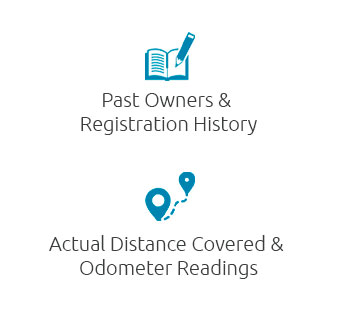 |
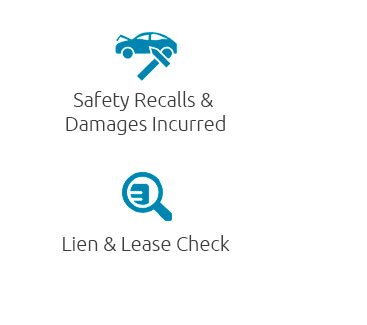 |
 |
 |
 |
||||
|
||||
 |
 |
Understanding the Intricacies of Searching Specs by VIN NumberIn the ever-evolving landscape of vehicle ownership and management, the Vehicle Identification Number (VIN) plays a pivotal role. This unique code, consisting of 17 characters, is akin to a car's fingerprint, providing a treasure trove of information that can be crucial for both buyers and sellers. Whether you're a potential buyer trying to ensure the authenticity and history of a vehicle or a seller aiming to provide transparency, understanding how to search specs by VIN number can be incredibly beneficial. One of the primary reasons to delve into VIN specifics is the wealth of information it can unveil about a vehicle's manufacturing details. For instance, by simply entering the VIN into a specialized database, you can access the vehicle's make, model, year of manufacture, engine type, and sometimes even the plant where it was assembled. This is particularly useful for enthusiasts and professionals who require precise specifications for maintenance or modifications. For those dealing with larger vehicles, such as trucks, the ability to perform a commercial truck VIN check can be indispensable, offering insights into load capacities and other critical specifications that might not be readily available through other means. However, the advantages of using a VIN number extend beyond just specifications. A comprehensive VIN search can also reveal the vehicle's history, shedding light on previous ownerships, accident history, and any recalls that might have been issued. This aspect is crucial for potential buyers who wish to avoid vehicles with dubious pasts, thereby protecting themselves from unforeseen complications. On the flip side, sellers can leverage this transparency to build trust with potential buyers, showcasing a clean history as a selling point. Nevertheless, it's important to acknowledge the limitations and challenges associated with VIN searches. The accuracy of the information largely depends on the database used, and discrepancies can arise if the vehicle has undergone unofficial modifications or repairs. Additionally, privacy concerns have been raised, as accessing certain details might infringe on personal privacy rights. While it's possible to uncover who a vehicle is registered to, as explored on sites like can I check who a car is registered too, it's essential to navigate these inquiries with respect to legal boundaries and ethical considerations.
In conclusion, while searching for specs by VIN number offers a myriad of advantages, it's crucial to approach it with a balanced perspective, acknowledging both its capabilities and limitations. This ensures that both buyers and sellers can make informed decisions, ultimately fostering a marketplace built on trust and transparency. https://vincheck.info/vehicle-specs-by-vin
World Manufacturer Identifier (WMI): The first three digits of the VIN indicate the country of origin and the manufacturer. - Vehicle Descriptor ... https://www.edmunds.com/how-to/how-to-quickly-decode-your-vin.html
Can I look up my vehicle specs by VIN number? Yes, as long as you go to the right page. The National Highway Traffic Safety Administration ... https://store.pioneerwheel.com/store/vin-lookup/
A Vehicle Identification Number (VIN) is a unique code used by the Automotive Industry to identify individual vehicles.
|

